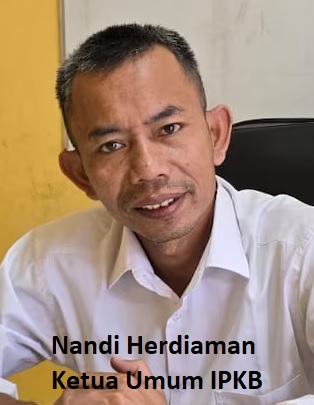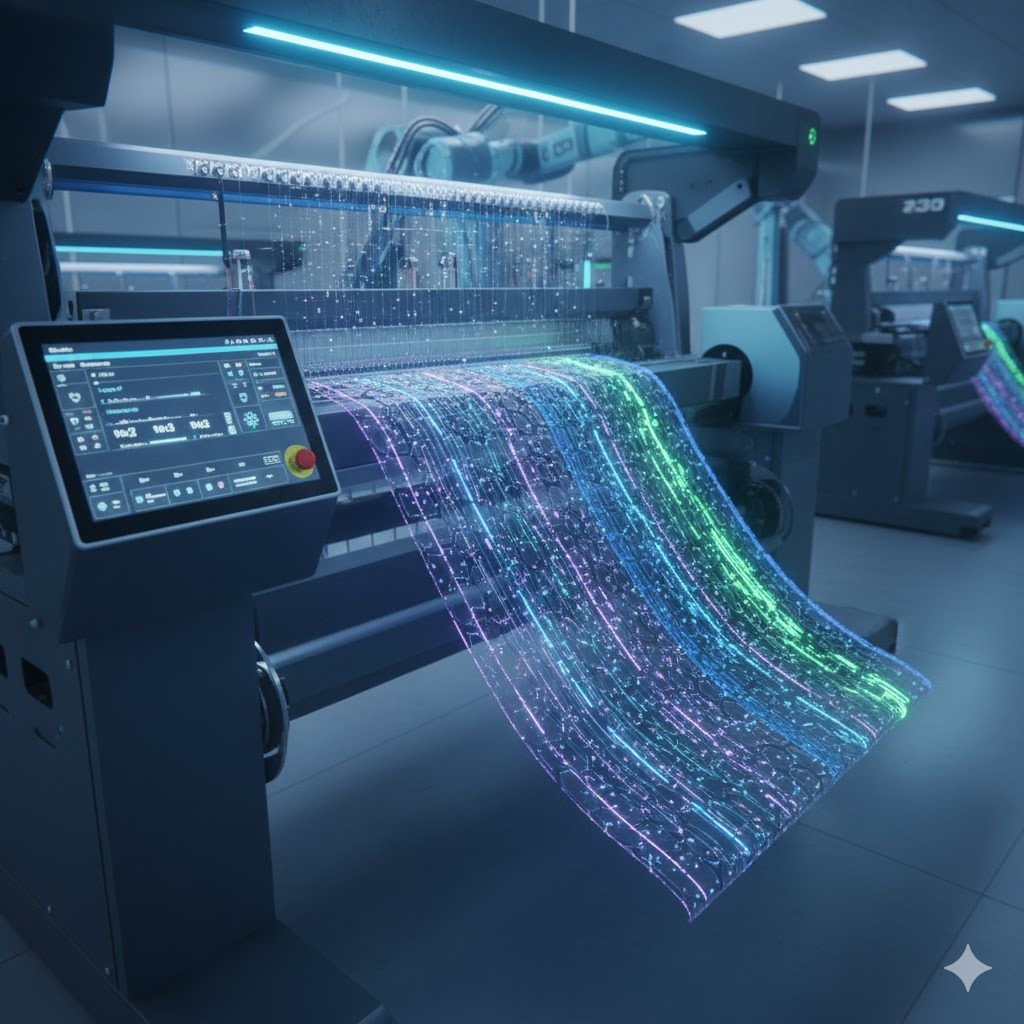Even though the import of used clothes is prohibited by law, for years this practice seems untouched by the law. Recently, the offer of thrifting apparel has become even more widespread, happening in almost all regions in Indonesia. In fact, according to General Chair of the Indonesian Textile Association (API) Jemmy Kartiwa, Small and Medium Industries (IKM) are the parties most affected by the practice of trading used clothes imported from abroad. "For the domestic market, the majority have been done by IKM. So, the most affected by the (import trade) of used clothes are IKM, because if large garments are working on big brands and exports," said Jemmy, Friday (3/3 )
The practice of trade in imported used goods in the form of clothes and used shoes has recently become a topic of conversation in Indonesia.
This was triggered by an investigative report by the Reuters news agency which found that 11 pairs of shoes that they donated to the recycling program mostly ended up in Indonesian flea markets.
Installed Bluetooth trackers, synced with cell phones, on 11 pairs of shoes they donated to a recycling program initiated by the Singaporean government and US petrochemical giant Dow Inc.
The recycling program promises that the donated used sneakers will be recycled into materials for the country's playgrounds and running tracks. Reuters journalists followed the journey where the shoes moved.
The first shoes donated, namely blue Nike, ended up on Batam Island. Reuters reporters later found three pairs of shoes, including blue Nikes, at markets in Jakarta and Batam.
Four pairs ended up in other parts of Indonesia that were too far away for Reuters to track directly. Three other pairs of shoes stopped sending tracking signals after arriving in Indonesia. While one last pair is still in Singapore.
Reuters found that almost all of the shoes with tracking devices were in the hands of Yok Impex Pte Ltd, a Singapore second-hand goods exporter, before they ended up on the Indonesian market. The tracking of the 11 pairs of shoes took place over a six-month period. All the shoes were placed in donation containers scattered across Singapore between 14 July and 9 September last year.
Responding to Reuters findings, Dow said on January 18 it had opened a joint investigation with Sport Singapore and other sponsors of the programme.
In a statement emailed to Reuters on February 22, Dow said the investigation had been completed and Yok Impex would be removed from the project, effective March 1.
However, Dow's answer did not explain why a used clothing exporter would get involved in a shoe recycling program.
On February 23, Yok Impex said it would exit the program when its one-year contract expired, without giving a reason for leaving or an exact date.








